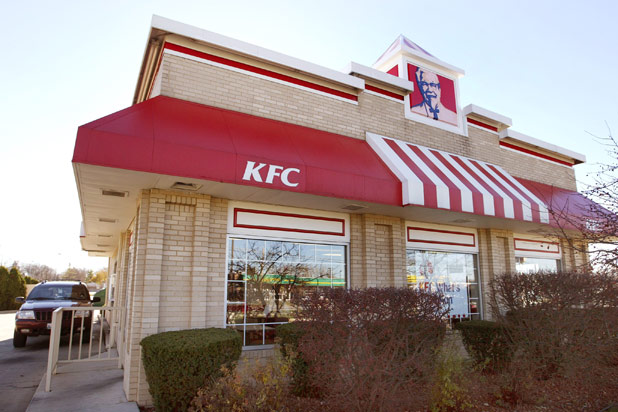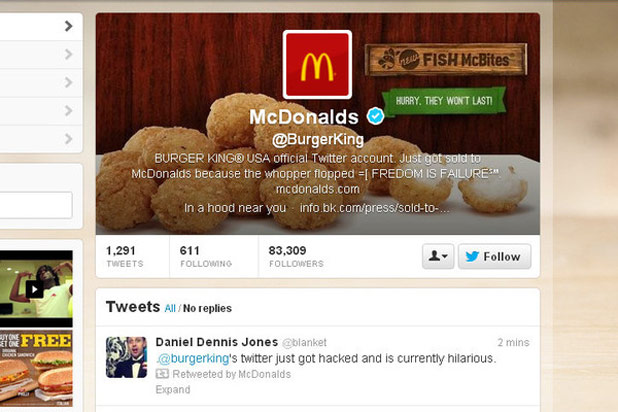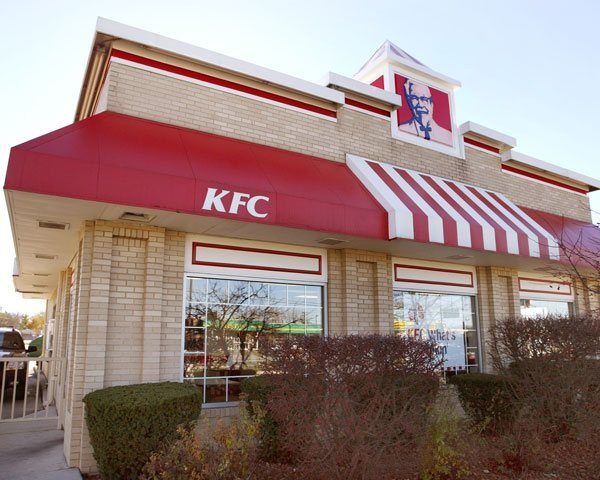The 10 Worst Chain Restaurant Social Media Disasters
For big companies, social media is one of the trickiest domains to manage. It's truly a minefield: you're putting a message on Facebook or Twitter in real-time, with the goal of sparking a conversation, and anyone can reply, uncensored. In the restaurant industry (especially fast-food), where a new social media strategy is tested seemingly every day, even the most well-intentioned post can cause serious backlash. We've rounded up the 10 worst restaurant social media disasters in history.
The 10 Worst Restaurant Social Media Disasters (Slideshow)
Social media disasters can take many forms. A campaign intended to crowd-source can backfire, videos of employees behaving badly can hit YouTube, restaurant owners or social media managers can post something crazy or unknowingly offensive, accounts can be hacked, a scorned employee can take to the internet. When a disaster hits, these companies need to do some damage control, and some handle it better than others.
The worst social media disasters are the ones that seem to snowball; what starts off as either an honest mistake or a small incident becomes bigger and bigger as more of the public gets wind of it and/or the company handles it poorly. For example, in 2008, an expensive guitar was damaged in cargo by United Airlines. They could have simply settled the issue with the guitar's owner, but instead denied any wrongdoing, and a song the band uploaded to YouTube about the incident has been viewed more than 14 million times. United finally offered to replace the guitar, but the damage to their reputation had already been done.
When it comes to restaurants, a crazy chef or owner can also be a major liability. In the past, one outburst might have resulted in a customer simply not returning; today, a poor experience can lead to a bad Yelp review, which in return can spark a tirade that the entire world can see; in January, for example, a chef in Massachusetts responded to a one-star Yelp review by taking to Instagram and calling the customer "a mentally ill raging alcoholic," leading to some seriously negative press for the restaurant. But in some cases, when handled properly, the restaurant can come out on top in the end (this was possibly the reason behind Chipotle's bizarre faked "hacking" last year).
A social media disaster for a restaurant might result in some bad press and a potential firing; but for national chains it could be a major headache. Read on to learn about 9 chain social media disasters, plus one legendary independent restaurant disaster, ranked according to level of infamy.
10) KFC

A 3 year-old girl was mauled by pit bulls in April, causing scarring to her face, and last month the girl's family posted on their Facebook page that while visiting a KFC in Jackson, Miss. she "was asked to leave because her face scared the other diners." Word of the incident quickly spread via social media, and a FKC spokesman issued a statement saying that they launched an investigation, and in the meantime would donate $30,000 to her medical bills. The issue is still unresolved: KFC's investigation revealed no record of her having visited the KFC in question, but still offered the family the cash. The money was refused, as the family insists that it wasn't a hoax. Meanwhile, more than $100,000 has been donated to the family from well-wishers.

In February 2013, someone hacked into @BurgerKing and turned it into a McDonald's parody account, complete with a Fish McBites background photo. They sent out a series of borderline incomprehensible tweets for well over an hour before Burger King shut the profile down and restored all to normalcy, in the process picking up more than 30,000 new followers. McDonald's expressed its condolences by tweeting, "We empathize with our @BurgerKing counterparts. Rest assured, we had nothing to do with the hacking."
